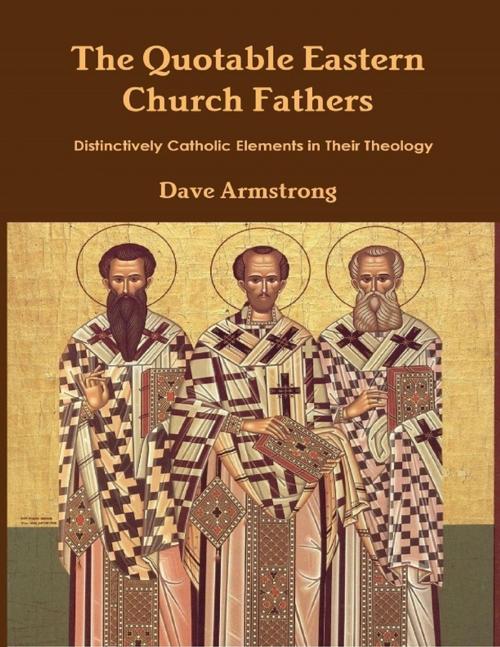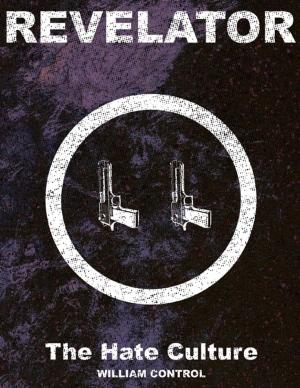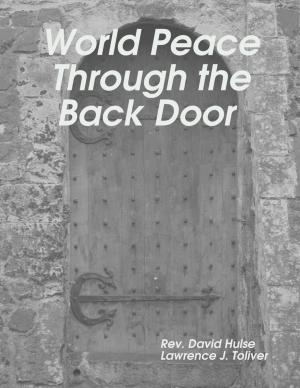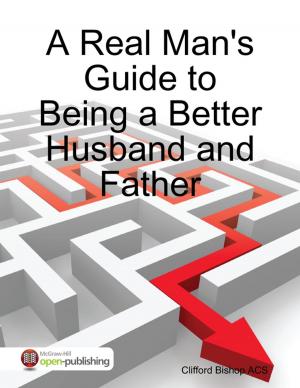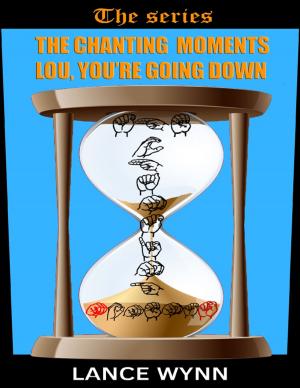The Quotable Eastern Church Fathers: Distinctively Catholic Elements in Their Theology
Nonfiction, Religion & Spirituality, Christianity, General Christianity| Author: | Dave Armstrong | ISBN: | 9781304211897 |
| Publisher: | Lulu.com | Publication: | July 8, 2013 |
| Imprint: | Lulu.com | Language: | English |
| Author: | Dave Armstrong |
| ISBN: | 9781304211897 |
| Publisher: | Lulu.com |
| Publication: | July 8, 2013 |
| Imprint: | Lulu.com |
| Language: | English |
This collection documents examples of “distinctively Catholic” theological beliefs or doctrines in the Eastern Church fathers; that is, ones in harmony with historic Catholic teaching but differing in some way from one or more strains of Protestant theology or Eastern Orthodox views. Quotations will be drawn from the “Three Holy Hierarchs” of Eastern Christian Tradition: St. Basil the Great (c. 330-379), St. John Chrysostom (c. 345-407), and St. Gregory Nazianzen (c. 330-c. 390). St. Athanasius (c. 297-373) is usually added to this list, and these are the Four Great Eastern Doctors of the Church. Additionally, the following four fathers are included: St. Cyril of Alexandria (c. 376-444), St. Ephraim (c. 306-373), St. Cyril of Jerusalem (c. 315-387), and St. John Damascene (c. 676-749). All eight men are “Doctors” of the Catholic Church. Quotations are drawn from public domain works.
This collection documents examples of “distinctively Catholic” theological beliefs or doctrines in the Eastern Church fathers; that is, ones in harmony with historic Catholic teaching but differing in some way from one or more strains of Protestant theology or Eastern Orthodox views. Quotations will be drawn from the “Three Holy Hierarchs” of Eastern Christian Tradition: St. Basil the Great (c. 330-379), St. John Chrysostom (c. 345-407), and St. Gregory Nazianzen (c. 330-c. 390). St. Athanasius (c. 297-373) is usually added to this list, and these are the Four Great Eastern Doctors of the Church. Additionally, the following four fathers are included: St. Cyril of Alexandria (c. 376-444), St. Ephraim (c. 306-373), St. Cyril of Jerusalem (c. 315-387), and St. John Damascene (c. 676-749). All eight men are “Doctors” of the Catholic Church. Quotations are drawn from public domain works.
